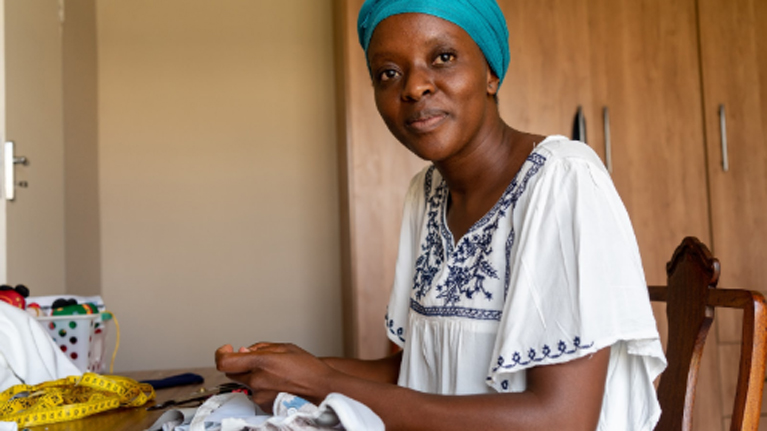Sweden - ILO Cooperation
Sweden is one of the founding member States of the ILO, and is a key partner in promoting the Decent Work Agenda. Sweden has ratified four Protocols and 94 Conventions, which include the eight Fundamental Conventions, the four prioritized Governance Conventions, and 82 Technical Conventions.
Sweden's contribution to the ILO 2018-2022 (US$ 103.5M)

Sweden's support to ILO actions
Sweden’s development cooperation priorities
Drawing on its broader feminist foreign policy, the stated aim of Sweden’s development cooperation is to create the preconditions for people living under poverty and oppression to better their own lives. For this purpose, Swedish development aid is primarily focused on eight areas, which are:- Human rights, democracy, and the rule of law
- Gender equality
- The environment and climate change, and the sustainable use of natural resources
- Peace and security
- Inclusive economic development
- Migration and development
- Health equity
- Education and research


